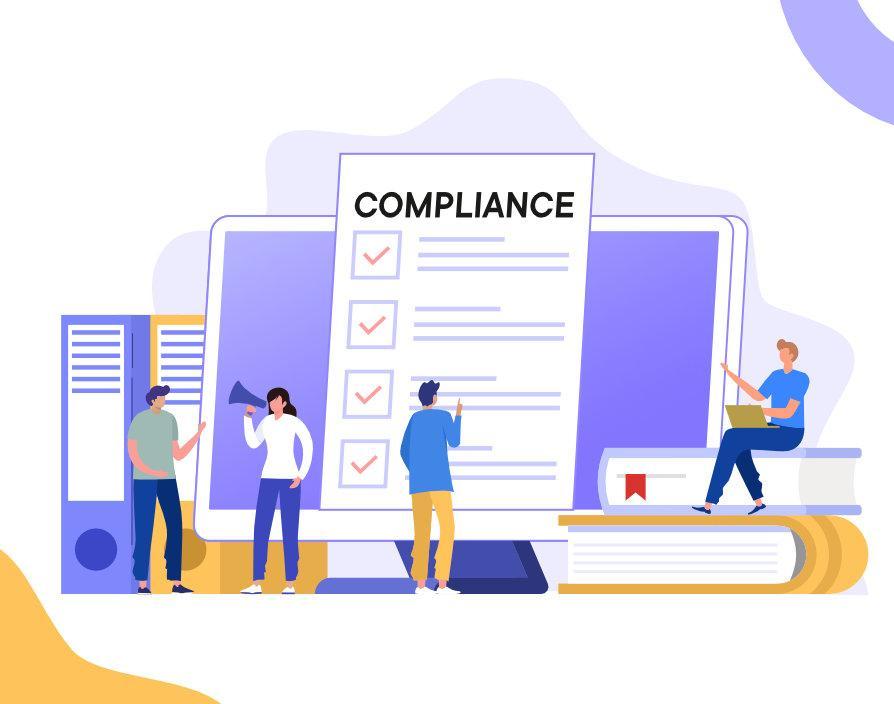In this month’s blog post, I will outline why companies, which import and export goods, should take great care when it comes to customs’ compliance. There are a number of precautions which need to be adhered to, and I will discuss the advantages of why you and your company should take these issues seriously.
If you answer ‘yes’ to any of the following four questions, then please read on:
A) Are you familiar with customs’ compliance and how it relates to your company?
B) Do you find it difficult to think about issues relating to customs’ compliance?
C) Is the rising cost of duties affecting you and your business?
D) Have you encountered delays, particularly post-Brexit?
Anyone who purposely or inadvertently breaks the rules will face penalties. But, by reading this month’s blog, you should be able to eliminate all of these concerns.
To remain in control of all matters relating to customs’ compliance, fully digest the following:
Your business must always be aware of the regulations imposed by customs. There are many rules and laws which control the importing and exporting of goods, so businesses must remain alert to any changes concerning customs’ regulations. This does not simply mean rule changes within their own borders, but also those of other regions, such as Europe, United States or Asia etc. All companies should monitor, and stay on top of, any such tweaking of regulation. Everyone in a company, from chief executive down, must be committed to compliance.
Understand how rules and regulations impact on your business. By adjusting company practises to comply with rules, regulations and any changes, this could make it more difficult for the business to continue trading as normal. Therefore, it is vital to comprehend the effect that any rules’ change will have on your company. Don’t forget, abiding by customs’ legislation is not an option, it is obligatory. But before you implement any modifications, always discuss them with your co-workers. Compliance is a continual process that never ends, it simply evolves with time. By understanding the impact that customs’ compliance has on your company, this will determine whether your supply chain will continue to operate smoothly or whether you may suffer the inconvenience of delays, or worse still face heavy fines.
The advantages of customs’ compliance:
This might sound obvious, but it prevents your business from running into problems with customs’ officials. By knowing the rules, you will avoid import and export penalties that occur when a company fails to comply with regulation. Failure to do so can be expensive. Most important of all, your profile with customs’ officials in the EU, UK and US will remain positive, and the business will avoid having a high ‘risk rating’.
If you are unsure about any issues, you can always seek the assistance of experts. These experts understand how rules and regulations relate to everyday business. They understand the rules that govern a wide range of compliance. They can easily distinguish between effective and ineffective strategies. And you can hire these experts on an hourly, weekly, monthly or even project-by-project basis. If need be, they can be brought on board to operate your entire customs’ department. Check them out.
Share via:








































